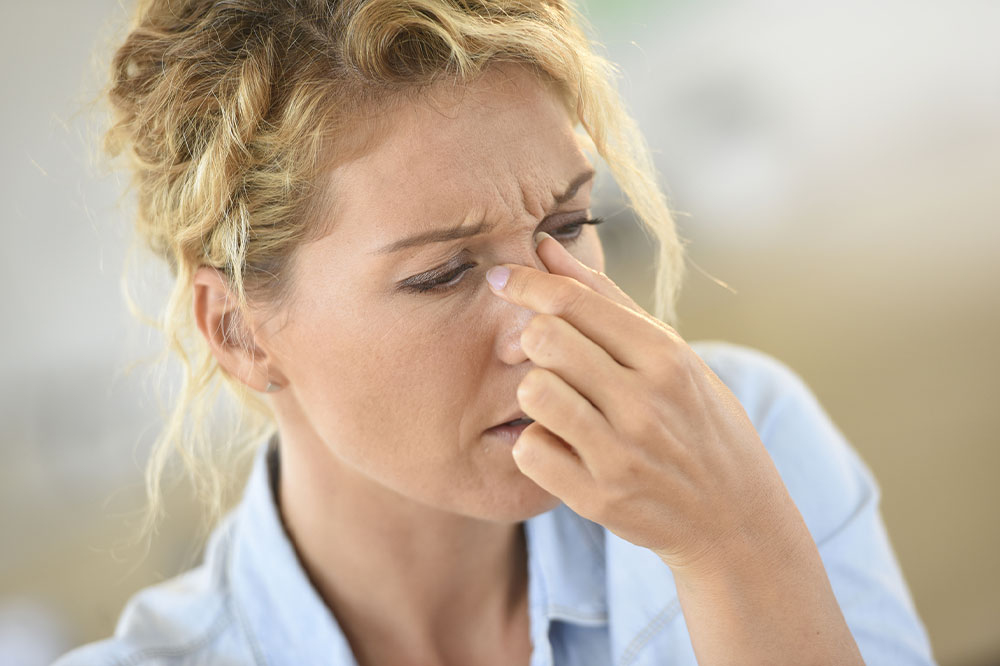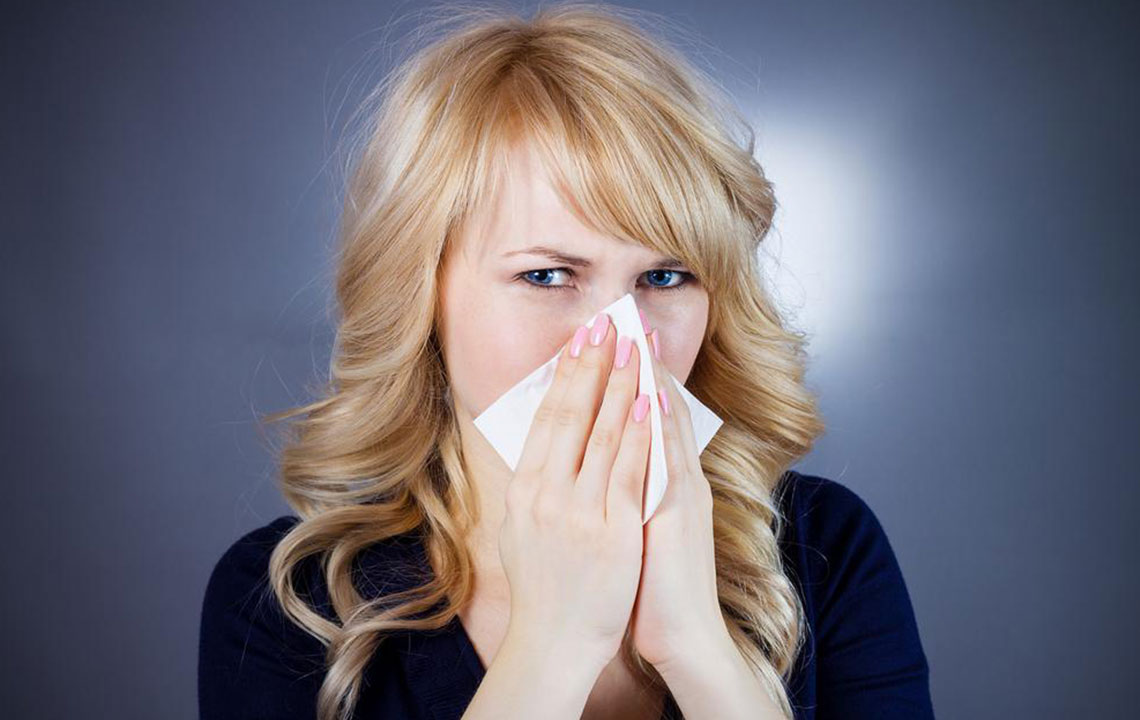Understanding Sinusitis: Symptoms, Causes, and Effective Treatments
This article offers a comprehensive overview of sinusitis, including symptoms, causes, and treatment options. It covers different types of sinusitis, risk factors, and effective home remedies as well as medical interventions. Whether acute or chronic, understanding these aspects helps individuals manage and prevent sinus infections effectively, ensuring prompt relief and healthier sinuses.
Sponsored

Sinusitis, commonly called a sinus infection, involves inflammation or swelling of the sinus linings. The sinuses are hollow spaces in the skull that connect via small channels and produce mucus to keep the nasal passages clear. When these cavities become blocked with fluid due to inflammation caused by bacteria, viruses, or fungi, infections can develop. Proper drainage is vital for health, but blockages lead to discomfort and sinus problems.
Signs of Sinus Infection:
Congested nose
Runny nose
Headaches
Facial tenderness
Postnasal drip
Coughing
Sore throat
Bad breath
Common Causes:
While sinusitis is often confused with sinus infections, both involve sinus swelling. Causes include bacterial, viral, or fungal infections that clog the sinuses. Triggers may be allergies, nasal polyps, colds, deviated septum, or weakened immunity. For infants, frequent pacifier use or bottle-feeding while lying down can increase risk.
Types of Sinusitis:
Acute bacterial sinusitis: Sudden cold symptoms lasting over ten days, with possible recurrence, often requires antibiotics and decongestants.
Chronic sinusitis: Symptoms like nasal congestion and facial pressure persist for over 12 weeks.
Subacute sinusitis: Lasts between 4 and 12 weeks.
Recurrent sinusitis: Four or more episodes annually, each lasting less than two weeks.
Who Is Susceptible?
Anyone can develop sinusitis, especially individuals with nasal polyps, allergies, structural irregularities, or asthma.
Home Remedies for Dry Sinusitis:
Stay well-hydrated by drinking plenty of water
Use a humidifier to add moisture to the air
Consult your doctor before stopping antihistamines
Allow fresh air circulation in the home
Use saline rinses or neti pots for sinus irrigation
Avoid irritants and allergens
Apply nasal sprays to keep passages moist
Steam inhalation during hot showers
Diffusing essential oils like peppermint or lavender
Treatment Options for Chronic Sinusitis:
Nasal corticosteroids: Sprays such as fluticasone or mometasone reduce inflammation. Severe cases may require additional interventions.
Oral or injected corticosteroids: Prescribed for intense inflammation, but long-term use carries risks.
Saline nasal irrigation: Enhances drainage and removes irritants.
Aspirin desensitization: Used when aspirin allergy contributes to sinus issues.
Primary care providers or ENT specialists typically manage sinusitis treatments. Pediatricians can diagnose mild cases in children. Timely treatment and home care, including hydration and rest, aid recovery and prevent complications.






